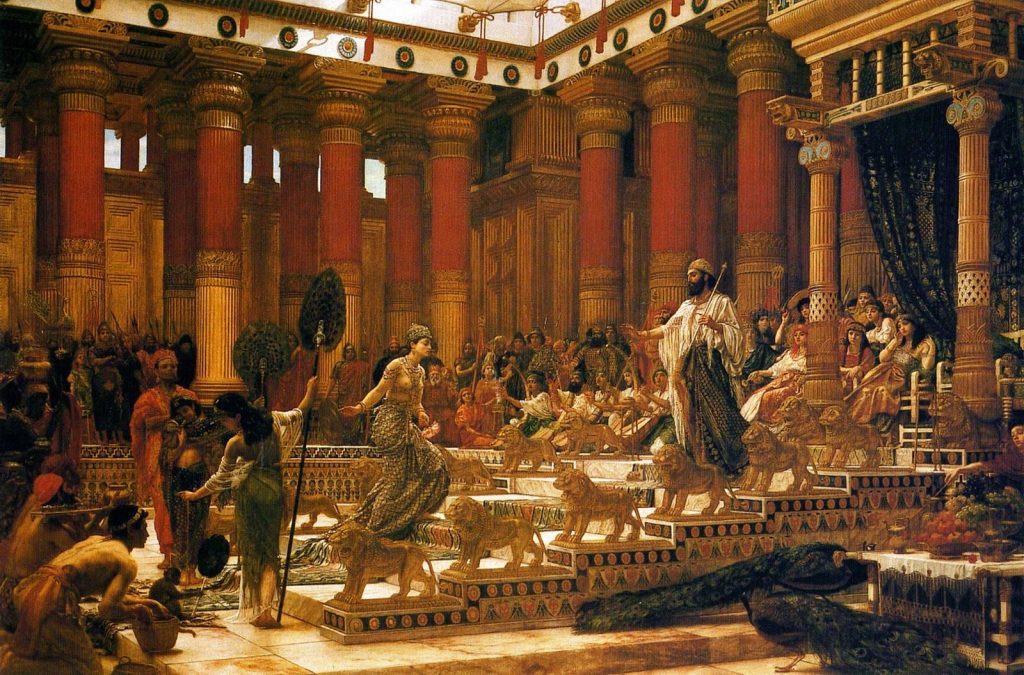
“A farmer went out to sow his seed. As he was scattering the seed, some fell along the path, and the birds came and ate it up. Some fell on rocky places, where it did not have much soil. It sprang up quickly, because the soil was shallow. But when the sun came up, the plants were scorched, and they withered because they had no root. Other seed fell among thorns, which grew up and choked the plants. Still other seed fell on good soil, where it produced a crop—a hundred, sixty or thirty times what was sown. He who has ears, let him hear.”
Jesus’ first parable to the crowd is a story about a farmer. The farmer is sowing seed so that he might produce a crop, but in the act of hand-spreading the seeds, some is falling where the farmer knows it will not grow properly. But the farmer in this story seems totally unconcerned about that fact. Either he knows that some will fall in the good soil, and produce such an abundant crop that the ‘wasted’ seed will no longer be remembered, or he is blind and cannot see what he is doing, or he is in such a hurry that he cannot be bothered to care.
Later, Jesus will tell us the meaning of the parable. In so doing, we learn that the seed is “the message about the kingdom,” meaning that the sower is the one who spreads the Gospel. That truth unlocks the meaning of the parable, and explains why Jesus would tell the crowds the parable to start with. The revealed meaning also explains why the farmer is sowing so carelessly.
The Gospel spreader cannot be concerned about where the seed lands. Their role is to spread it, not do a detailed soil analysis and then carefully plant it. The Gospel message – the meaning of the kingdom – is fresh and new to all who hear it. As such, the ‘seed’ bag is always full. There is no shortage of seed to sow, and there cannot be a shortage of seed to sow. So the farmer is unconcerned about where and how it is spread.
The Gospel spreader is also blind, in that they cannot see the condition of the soil – for the soil is the condition of the souls of those the seed lands in. Only the individual and God can change the condition of their souls. The Gospel spreader cannot know when is the right time (for circumstances can change a heart quickly) and cannot know who is the right person (for the outward appearance does not reveal the condition of their heart).
The Gospel spreader is also in a hurry. The time is limited, for no one knows the hour or day of the Lord’s return, and the task of spreading the Gospel is very great. The Gospel must be spread over the whole earth. The farmer in the parable has a limited amount of time, just as planting season is soon over and the growing season must have been started, or the crop will not be ready. So too, we are to spread the Gospel everywhere we can. We are unconcerned about where it lands, when it lands or the condition of the soil because knowing such is not possible. Therefore we spread it quickly and widely, and let God be glorified in the harvest and witness it produces!
Disciples cannot know the conditions of given hearers’ hearts before they preach. [So] Jesus uses the … analogy of sowing before plowing; they must sow as widely as possible and let God bring forth the appropriate fruit.
Craig S. Keener
APPLICATION: Intentionality
Only God knows when and where and how the Good News of the Kingdom bears fruit. Our part is only one of faithfulness. Sow! Sow widely, sow often and sow abundantly!










